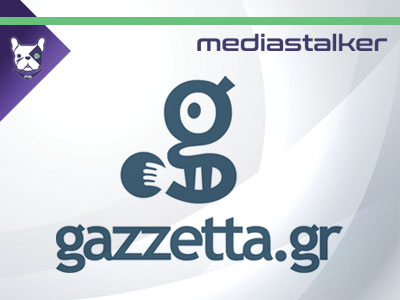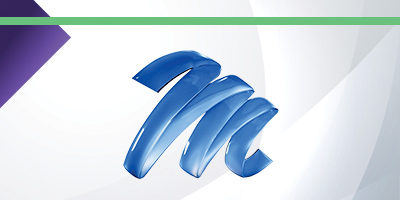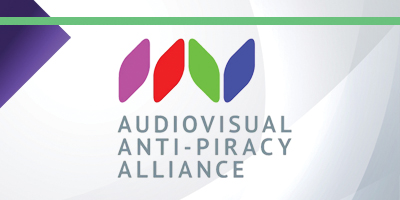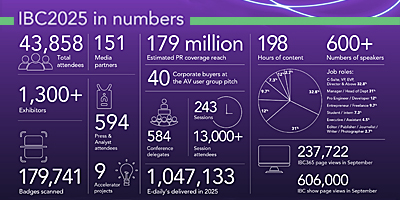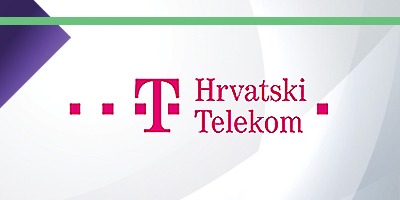MediaStalker: The Greek company fighting "pirated" TV content
A few weeks ago, the information was published in the Gazzetta that the EDPPI took down IPTV servers that offered illegal content of COMSOTE TV and Nova and on the occasion of this development we had a first communication with MediaStalker , one of the companies that helps towards this direction with its technology. Its representatives informed us that following complaints from subscription channels, access to over 500 domains used by illegal "TV Boxes" services has already been blocked, while after independent actions by the same subscribers, more than double the number of corresponding IPs has been deleted .
Mediastalker, having developed its own advanced artificial intelligence software, adapted to anti-piracy of audiovisual works, acting quietly and efficiently in the background, restores media content of any form whose rights belong to its customers. Market executives say that the company has worked wonders in the field of on-demand content and is responsible for the huge push of the last years, the legendary companies of domestic cinema. But also in Live content, the numbers are impressive. In the last year - and speaking only for Greece - the company on behalf of both major subscription channels has "downloaded" over 500,000 illegal live streams on platforms, social networks and other websites, while it has managed to completely delete more than 1,000 domains, blocking access to over 1 million viewers in closed groups of illegal content watchers.



